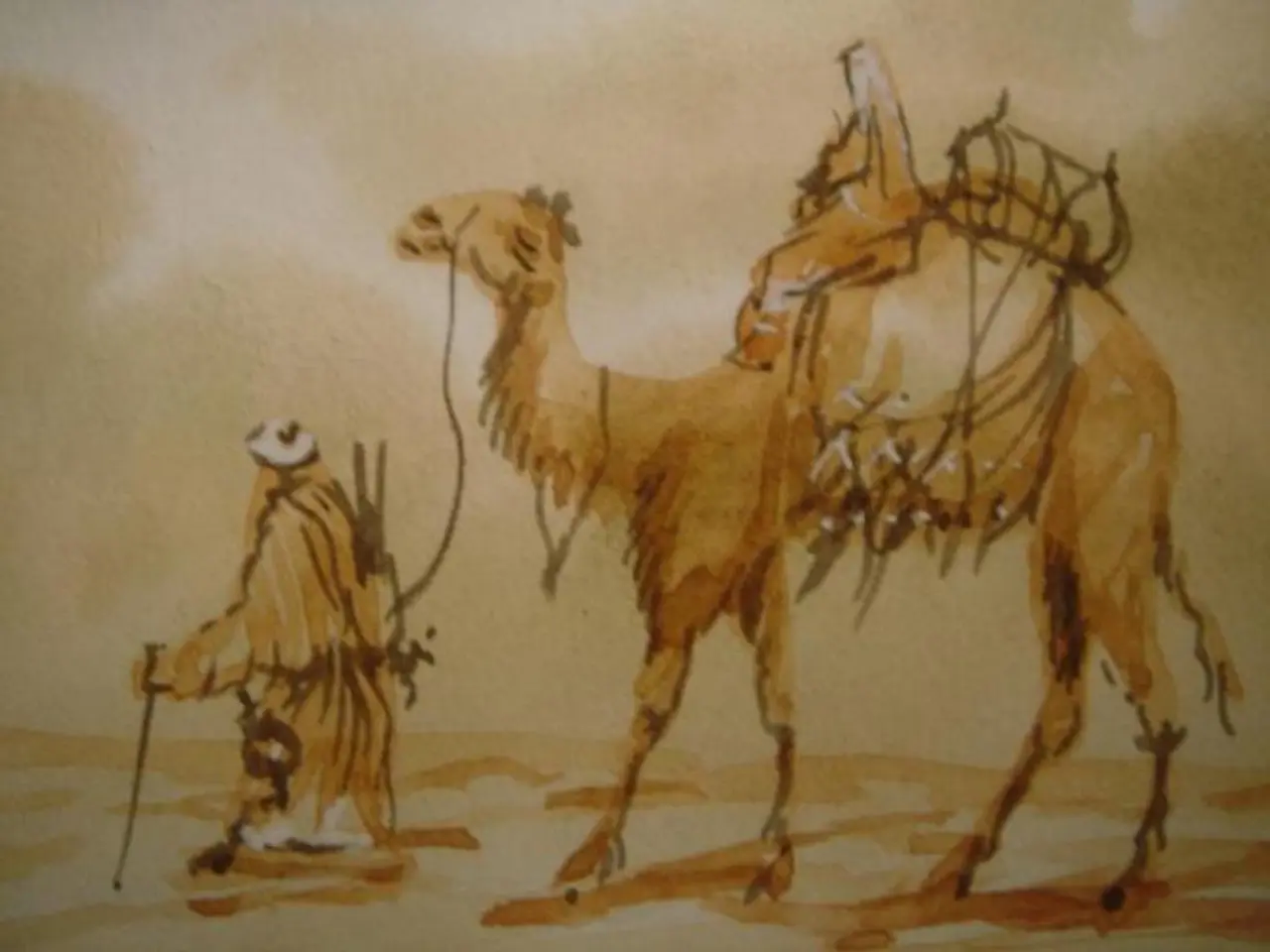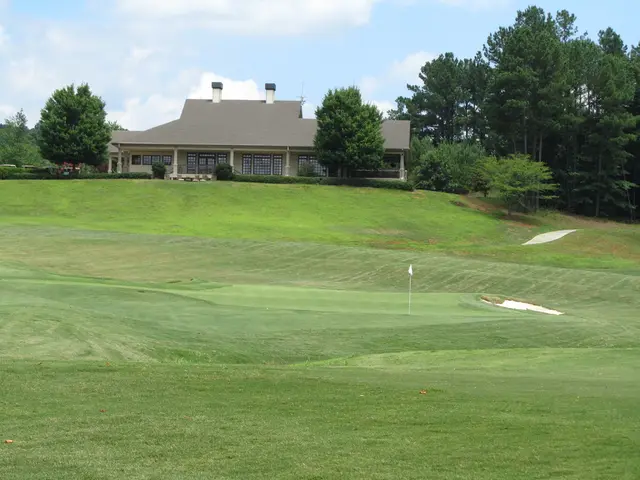Artist from Senegal demonstrates support for Gaza by cycling on Dakar beach
In the heart of West Africa, Senegal has forged a remarkable bond with Palestine, a connection that dates back to the country's independence in the 1960s. This historical relationship, marked by strong political and diplomatic support for Palestinian independence and rights, has positioned Senegal as one of Palestine's closest allies in Africa.
The foundation of this relationship was laid by Senegal's first president, Léopold Sédar Senghor, who was a vocal supporter of Palestinian self-determination. Senghor participated in mediation missions on behalf of the Organization of African Unity (OAU) in the region during the 1960s. A notable milestone was Senegal's severance of diplomatic ties with Israel after the Yom Kippur War, a stance it maintained until 1992.
Senegal's commitment to Palestinian issues was further solidified in 1975 when the country began chairing the United Nations Committee on the Exercise of the Inalienable Rights of the Palestinian People (CEIRPP). This role, which Senegal continues to hold, underscores the nation's long-standing commitment to Palestinian rights at the UN level.
In the diplomatic sphere, Senegal was among the first African countries to allow Palestine to open a diplomatic mission in 1989 and was one of the earliest nations to grant a diplomatic passport to former Palestinian President Yasser Arafat.
This solidarity extends beyond politics into cultural expressions. Performance artist Thierno Gueye recently staged a demonstration on horseback at Yoff Beach in Dakar, Senegal, carrying a Palestinian flag and performing the traditional "Ndeup" ritual, a healing ceremony from the Lebu ethnic group. Initially, beach visitors watched Gueye's performance with surprise, but they applauded when they saw the Palestinian flag being raised.
Senegal's principled support for Palestinian self-determination is also evident in its civil society activism. In 2025, Senegal hosted a significant pan-African civil society conference in Dakar aimed at coordinating efforts against Israeli apartheid in Palestine, organized by the Senegalese Palestine Solidarity Platform and Amnesty International Senegal.
This history reflects Senegal’s long-term support for Palestinian self-determination both diplomatically and through civil society activism.
Timeline of Key Events:
- 1960s: Senegal's independence; initiation of ties with Palestinian cause (Senghor’s support)
- 1975: Senegal begins chairing UN committee (CEIRPP) on Palestinian rights
- Post-Yom Kippur War (1973) - 1992: Senegal severs diplomatic ties with Israel
- 1989: Palestine opens diplomatic mission in Senegal; Arafat receives diplomatic passport
- 2025: Senegal hosts pan-African solidarity conference on Palestine; praised internationally for support
This historical relationship between Senegal and Palestine has evolved from early post-colonial solidarity to robust diplomatic, political, and civil society support, making Senegal one of Palestine’s closest and most consistent African allies.
In the realm of social media, images and posts showcasing Senegal's solidarity with Palestine, such as Thierno Gueye's equestrian demonstration, have garnered appreciation and applause, echoing Senegal's enduring commitment to world-wide entertainment and social-media platforms.
Furthermore, Senegal's continued chairing of the United Nations Committee on the Exercise of the Inalienable Rights of the Palestinian People (CEIRPP) serves as a beacon of hope, highlighting their unwavering dedication to upholding the world's humanitarian duties towards Palestinian self-determination.







